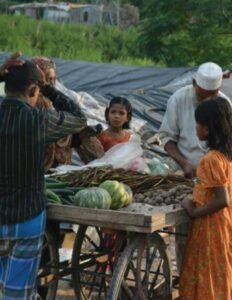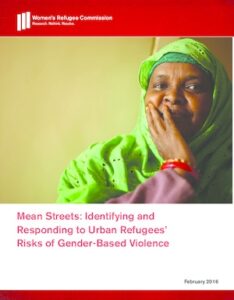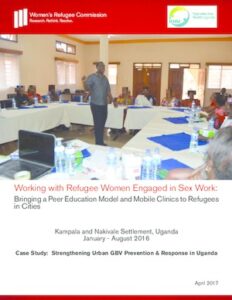
16 Days of Activism Against Gender-Based Violence Campaign
This campaign uses the 16 days between International Day for the Elimination of Violence Against Women (25 November) and International Human Rights Day (10 December) to reinforce that eliminating all forms of violence against women is a human rights issue and that the act of perpetrating violence against women is a human rights violation.








